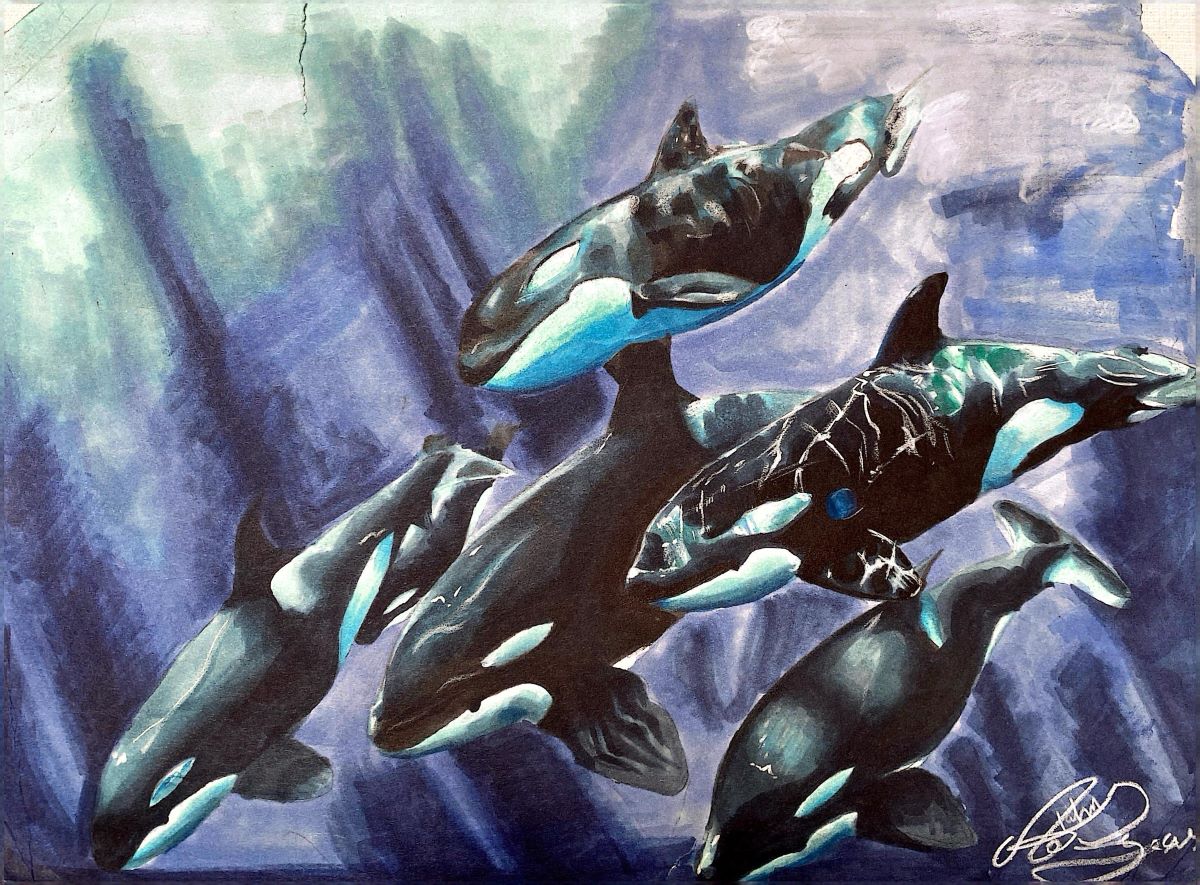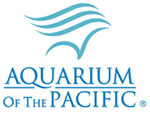
Ready to participate? Here's what to do:
Other things you can do:
Winners and honorable mentions will be contacted directly and announced to the public (on this website and via email) by early April.
Sign up for the Coastal Art & Poetry Contest email list.
Contest prizes provided in part by generous donations from Acorn Naturalists, BLICK Art Materials, and Aquarium of the Pacific. Judging assistance provided by members of the Tabula Poetica Center for Poetry at Chapman University.
Poetry was featured in the June 2025 issue, and the May
2024,
2023,
2022,
2021,
2020,
2018, 2017, 2016, and 2015 issues of TAB, The Journal of Poetry & Poetics.

Support this contest by purchasing prints and other items featuring the artwork.
Sign up for the Coastal Art & Poetry Contest email list.
View the 2025 Coastal Art & Poetry Contest online and on exhibit at the following locations:




"Thank you for giving kids this opportunity to engage with art and poetry
and connect with our wonderful, magical California coast."
– parent
"Most of the students I teach have a lot of concern about what's happening
to the ocean, the air, the creatures, and the human beings on the earth. I think
writing poems helps them to express themselves and to feel that they are making
a difference. They also like knowing that other young people are
doing the same."
– teacher
Download a PDF of these guidelines
For more information, or to request to have an entry form emailed or mailed to you, contact the California Coastal Commission at Lauren.Dung.ca.gov.
For art entries not created digitally, scan your artwork at 300 dpi or take a photo of the art on a flat surface or wall with good lighting and no shadow, camera directly in front of it (not at an angle). For poetry entries, create a document with your poem or make a scan or photo of a hand-written poem. Do not include your name or other personal information on the poem.
With your parent or guardian, complete the entry form, where you will upload your art or poetry. If you (the student) is 18 years or older, you can complete the form yourself. The entry form will ask for the following information:
You will be asked whether you allow your city's name to be publicly shared if you are a winner or honorable mention.
Your parent or guardian will digitally sign on your behalf to agree to the following:
Pledge of Originality: The poem or artwork I am submitting to the California Coastal Commission's Coastal Art and Poetry Contest is my child's/dependent's original work. If my child's/dependent's poem is a reference an existing poem, they have named the poem and poet on the entry. My child did not trace other artwork or photography, or digitally alter an existing photo or image that was created by someone else. Their poem or art is not AI-generated. If my child/dependent used an image created by someone else (a photo of an animal, for example) as a model for an art entry, my child's/dependent's artwork is significantly different to avoid plagiarism. No hands other than my child's/dependent's were involved in the creation of the artwork.
Your parent or guardian will digitally sign the entry form releasing the Coastal Commission from liability and granting non-exclusive rights to your contest entry, meaning that the Coastal Commission can use your art or poetry, but it is also still yours to use as you like.
Please enter online if possible. If you are not able to do so, you may print out a paper entry form and mail it in with your art or poetry. See #6 of the Contest Guidelines for instructions on how to do that.
Find free curricula and other resources on our For Educators webpage.
Below are some questions that can encourage artwork or poetry. Entries need not be about anything in particular except the California coast or ocean. Students should create whatever our coast inspires them to create.
If specific species or habitats are depicted in an entry, they must be California species and habitats. (Of course, entries may be more abstract, and particular species need not be identifiable; but students should not submit obviously non-California images such as clownfish, coconut palms, walruses, penguins, etc., or landscapes of identifiable non-California locations.) Below are some websites with images and information about the many native species of the California coast. If you know of another website to add to this list, please email us. These sites should be used for habitat and species information only. If using a photo model taken by someone else, the image must be significantly altered to avoid plagiarism.
Poetry can be used to convey opinion (Writing Standard 1), inform (Grades K-2 Writing Standard 2), and narrate events (Writing Standard 3). Peer review and revision strengthens the final product (Writing Standard 5). A poem can recall information from experiences (e.g. a visit to the beach) or can be inspired by sources such as a book about the ocean or images and descriptions of ocean species (Grades K-5 Writing Standard 8). A poem can be the culmination of a research project, or accompany a more traditional research paper to expand on the ideas and/or emotions evoked by the topic (Writing Standard 7) or to reach a different audience with the information (Writing Standard 10).
Reciting a student's own poetry can be a powerful and enlightening experience (Grades 1, 5, and 9-10 Speaking and Listening Standard 4; Grade 2 Speaking and Listening Standard 5). The poetry can inspire art entries as well (Speaking and Listening Standard 5) - just be sure to submit the art with its own entry form.
Poetry is an opportunity to practice English conventions (Language Standard 1 and 2). It's also an opportunity to explore the impact of informal language usage and various conventions (Language Standard 3) and nuances in word meanings (Language Standard 5).
Questions? Email Lauren.Dung@coastal.ca.gov